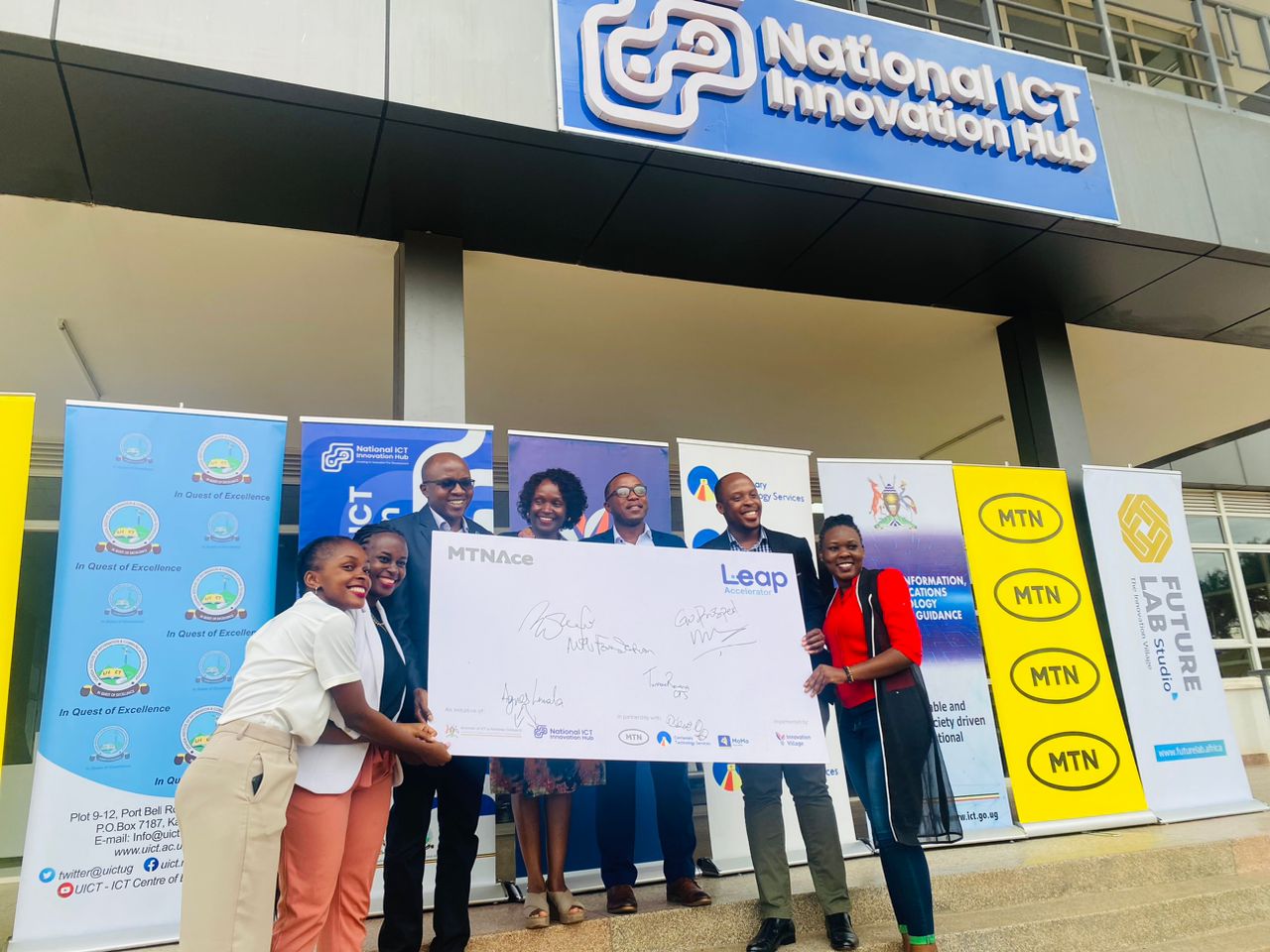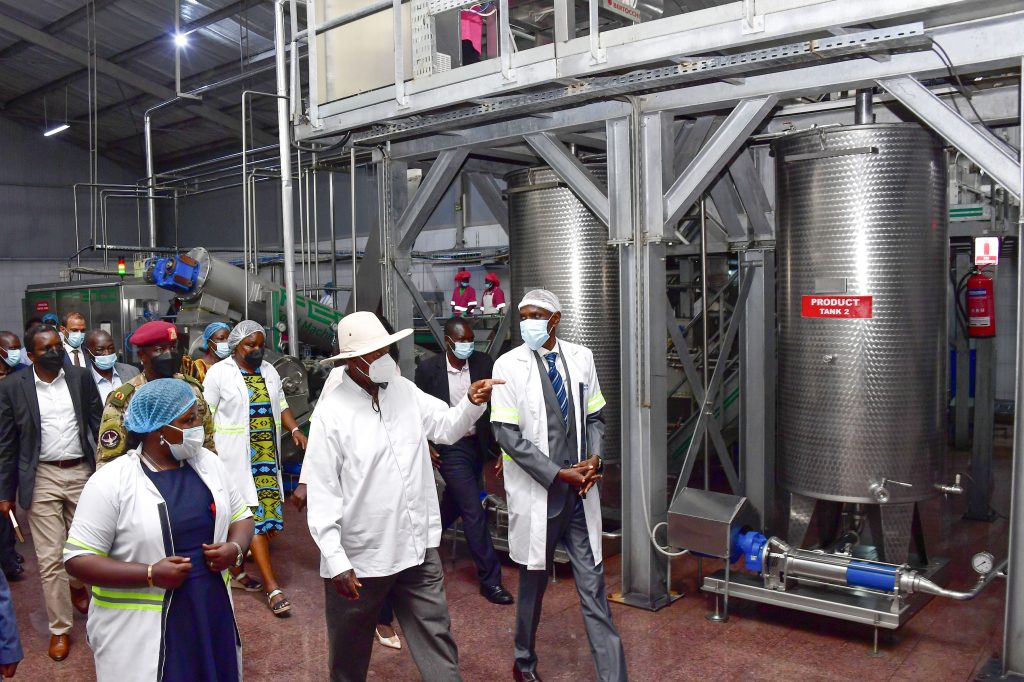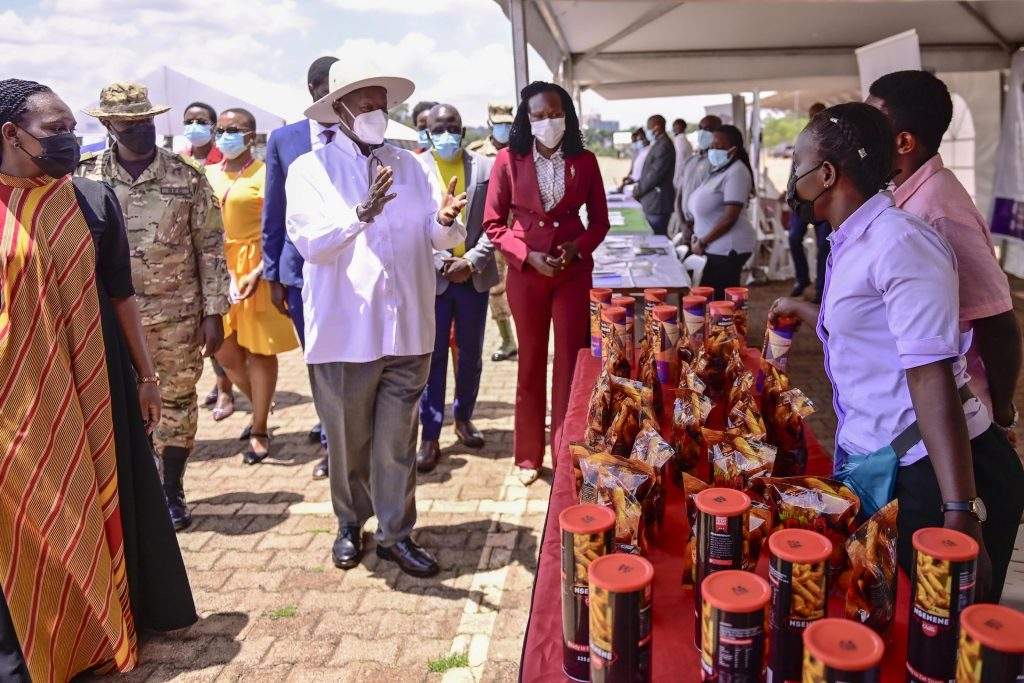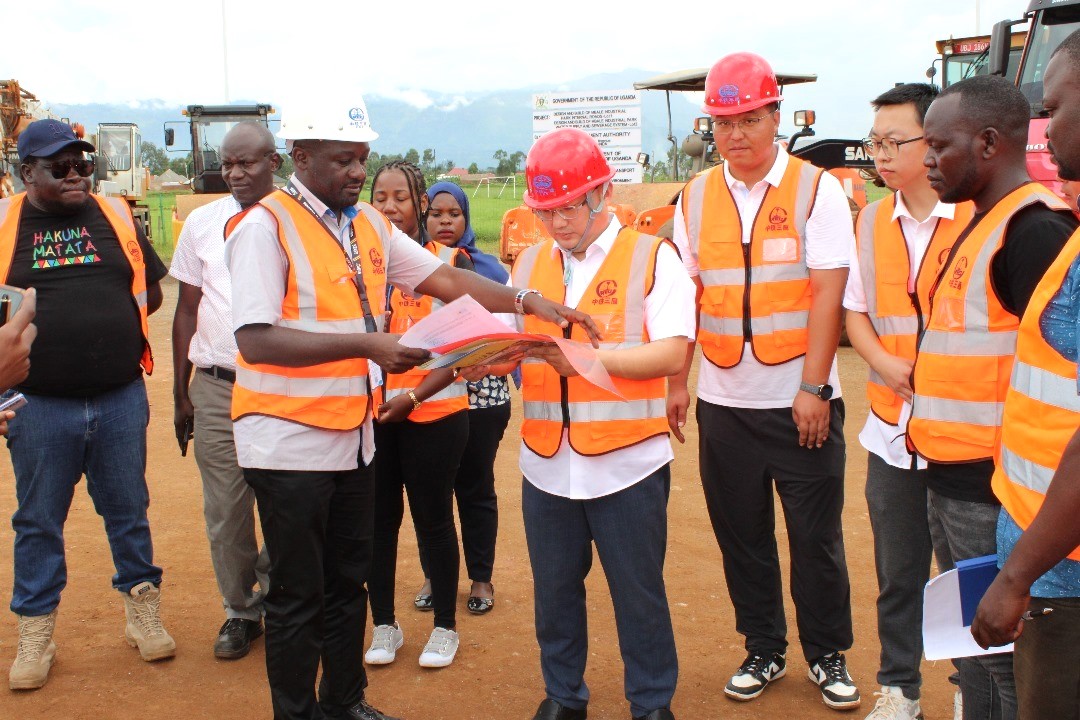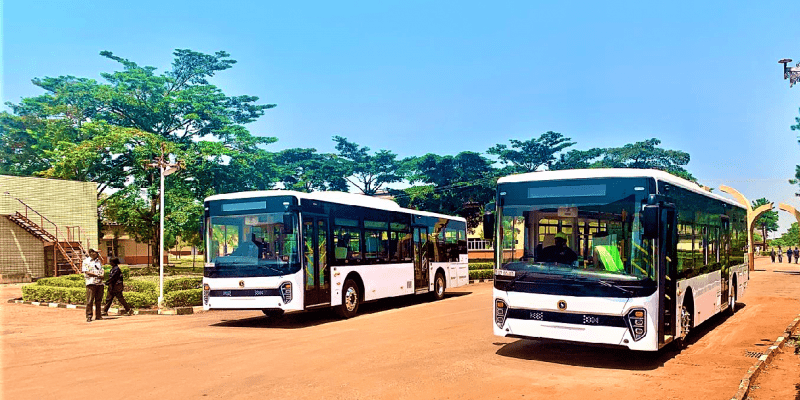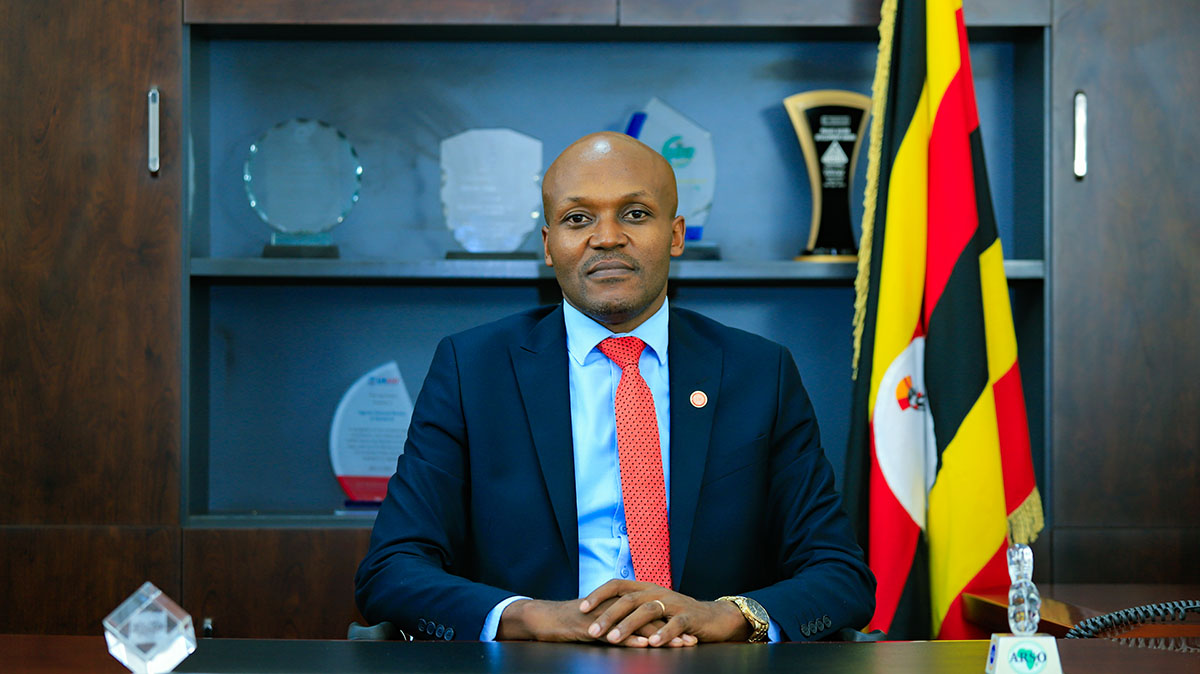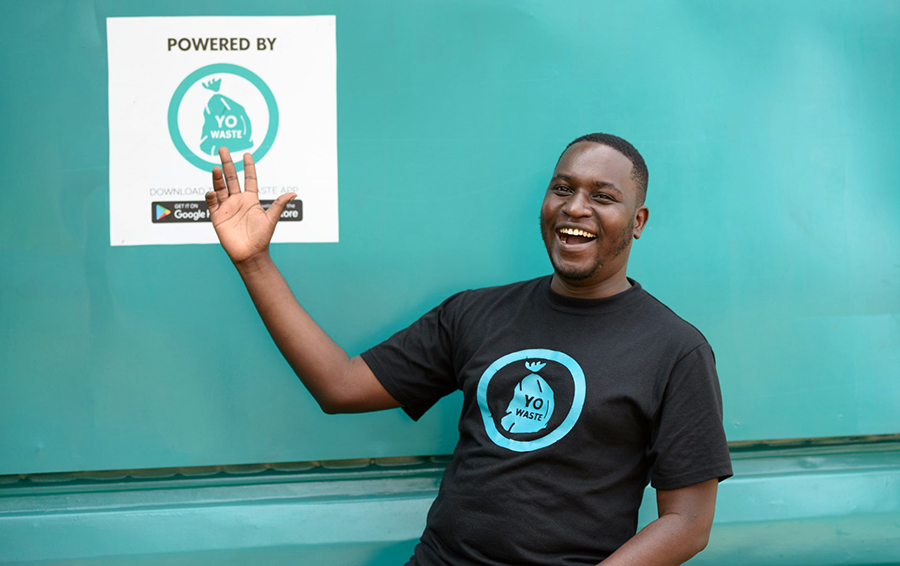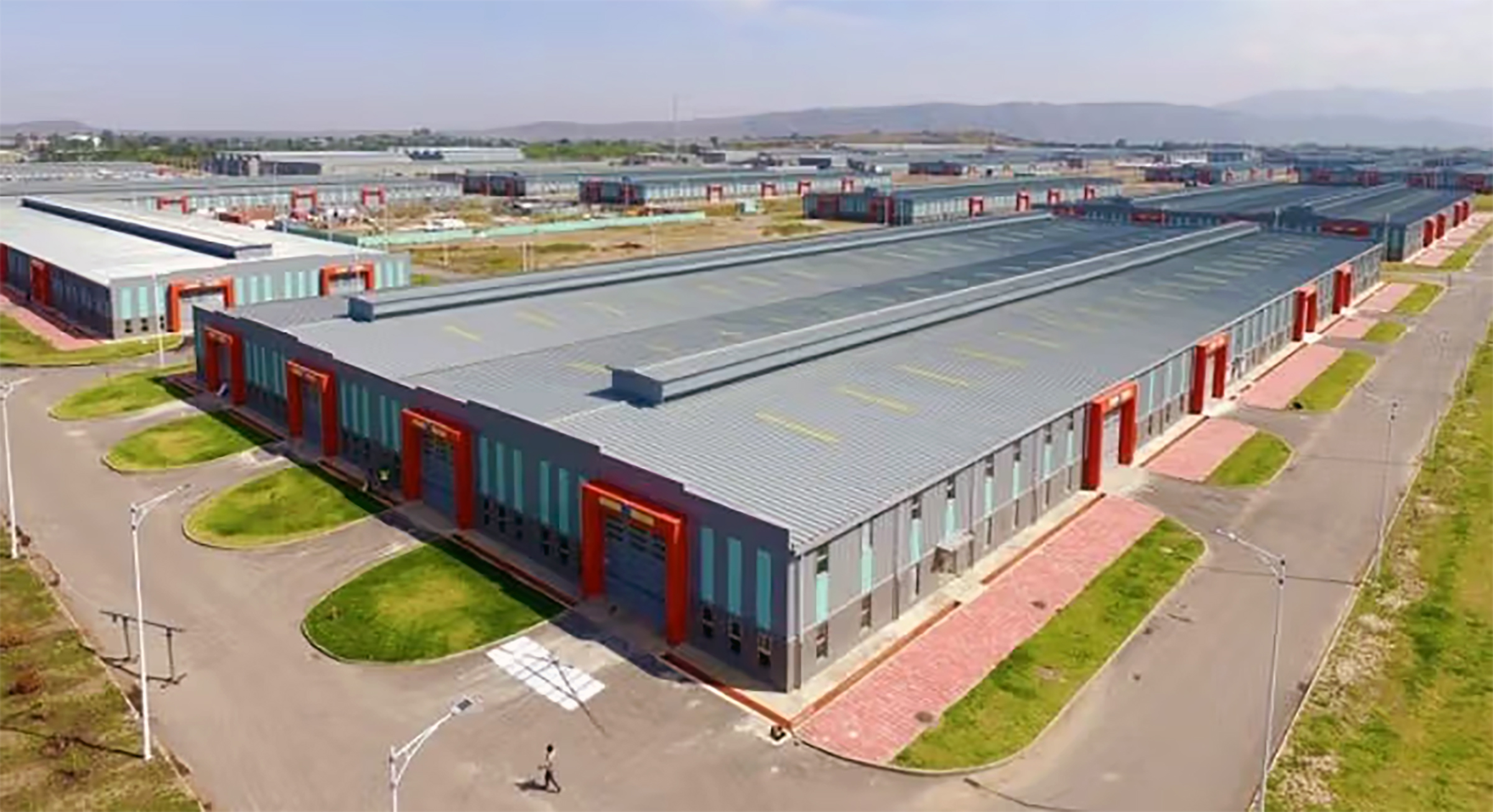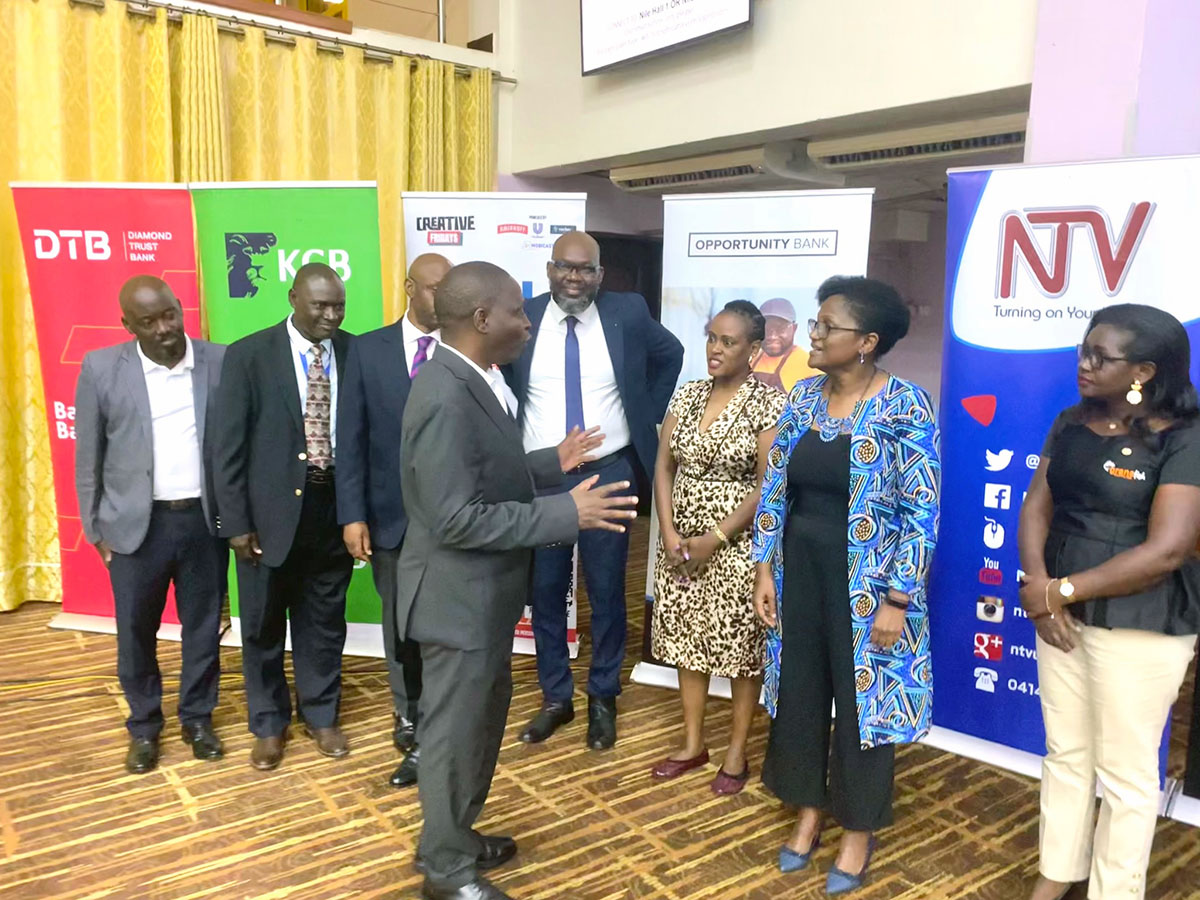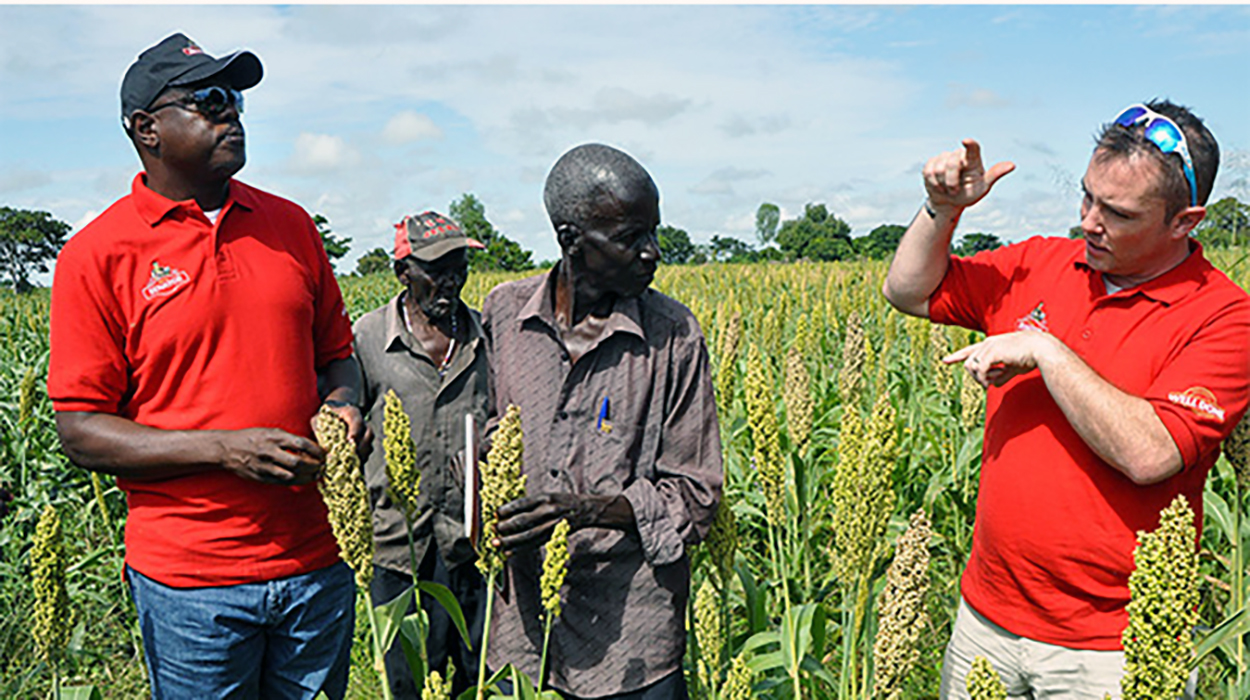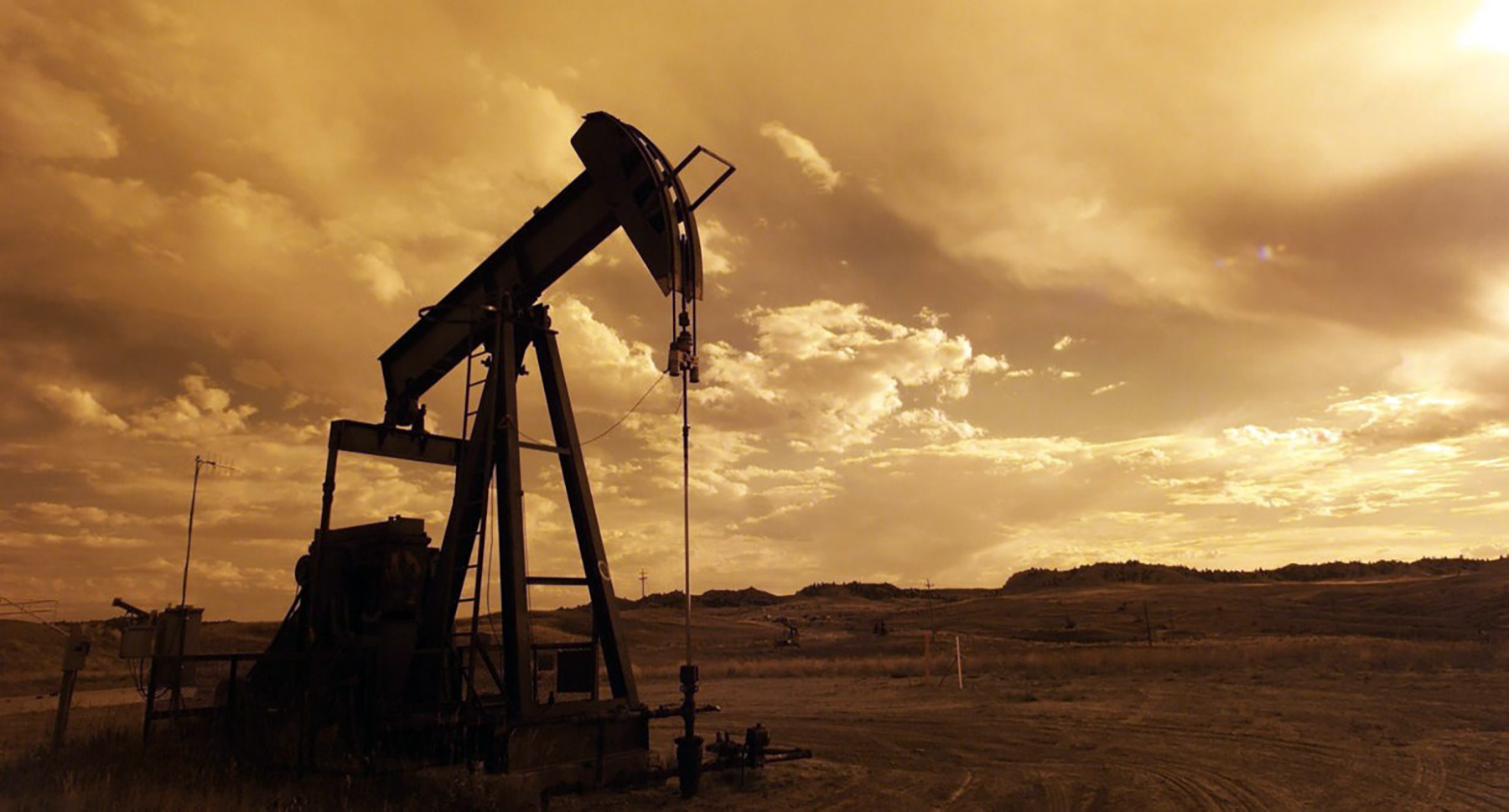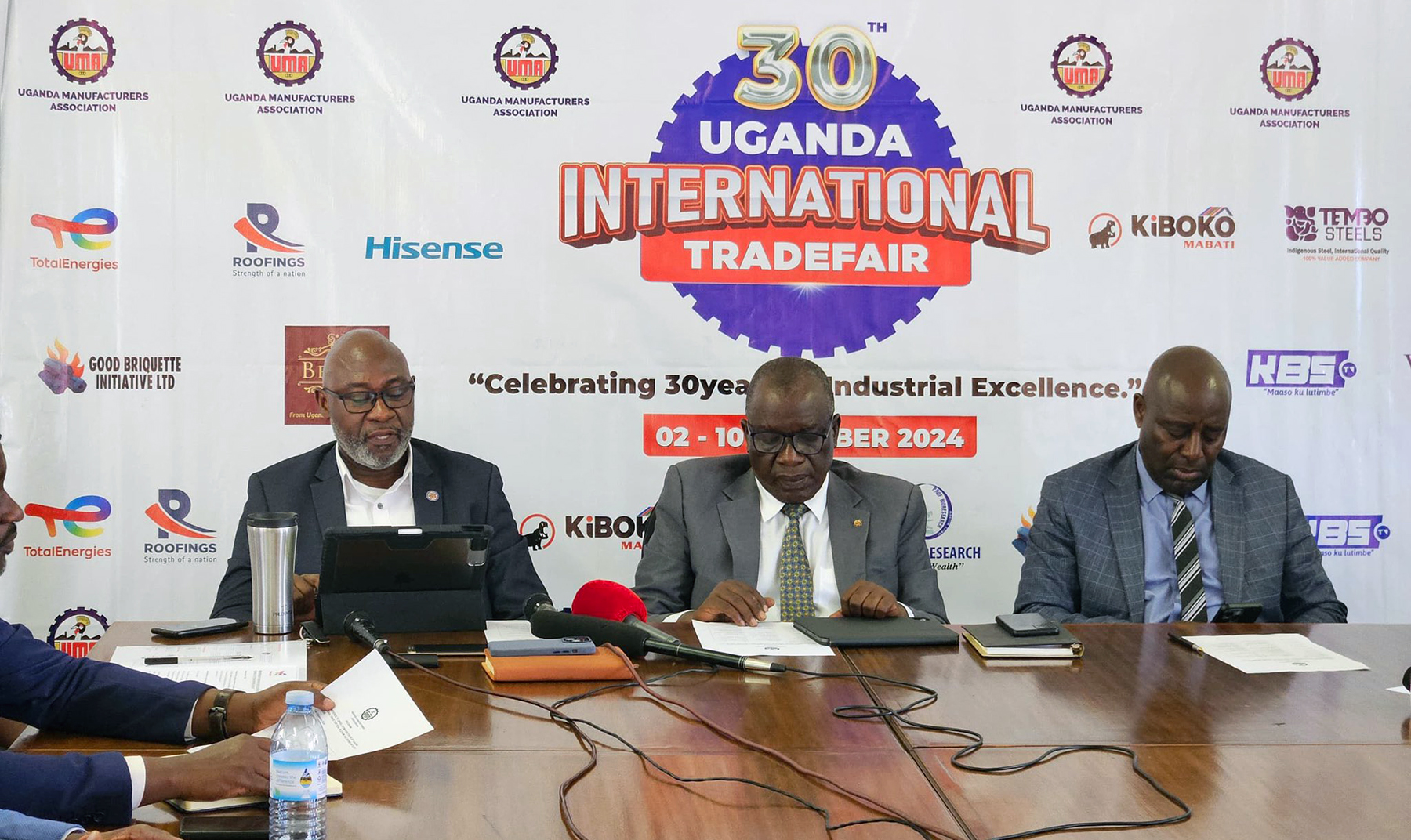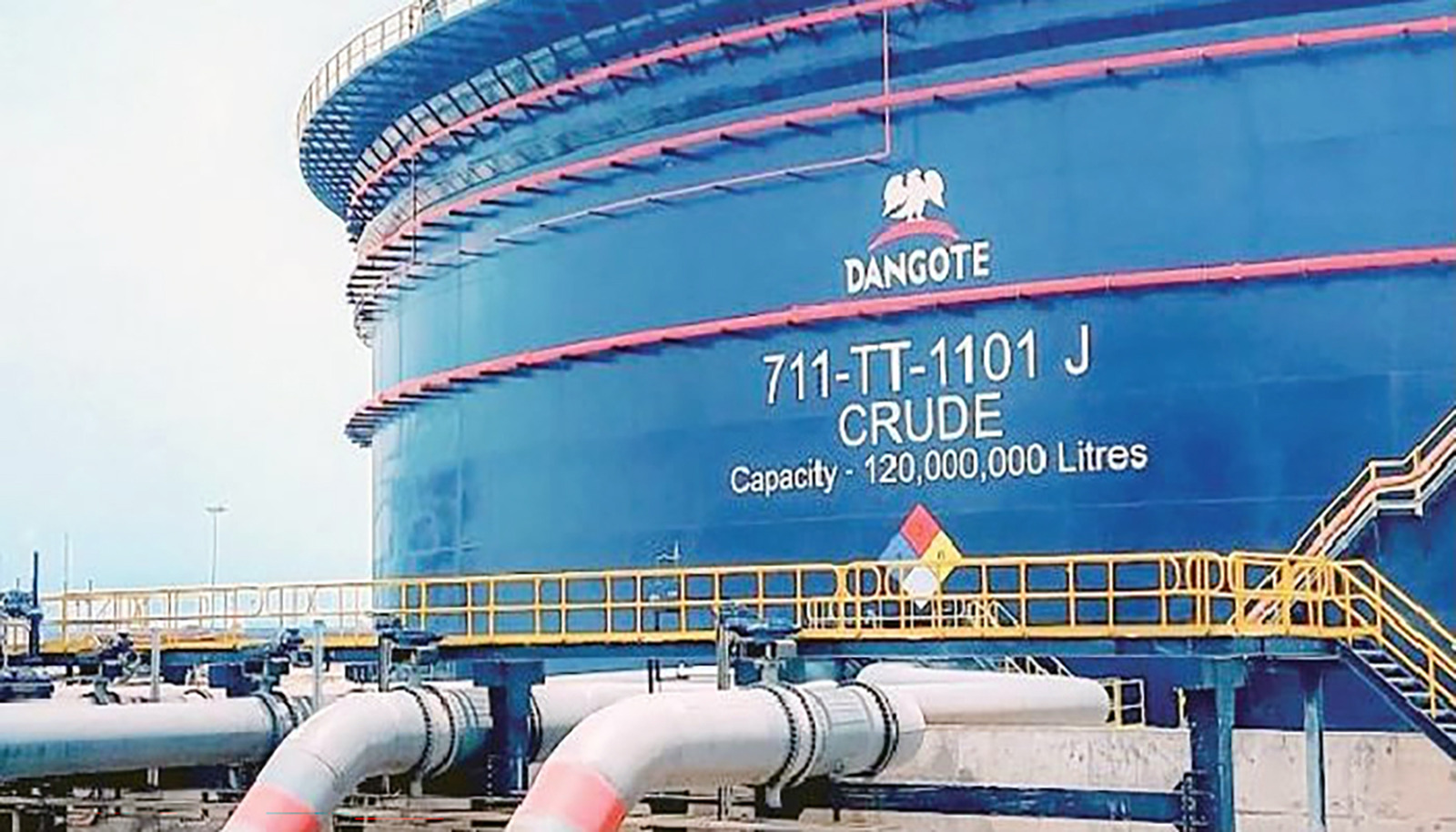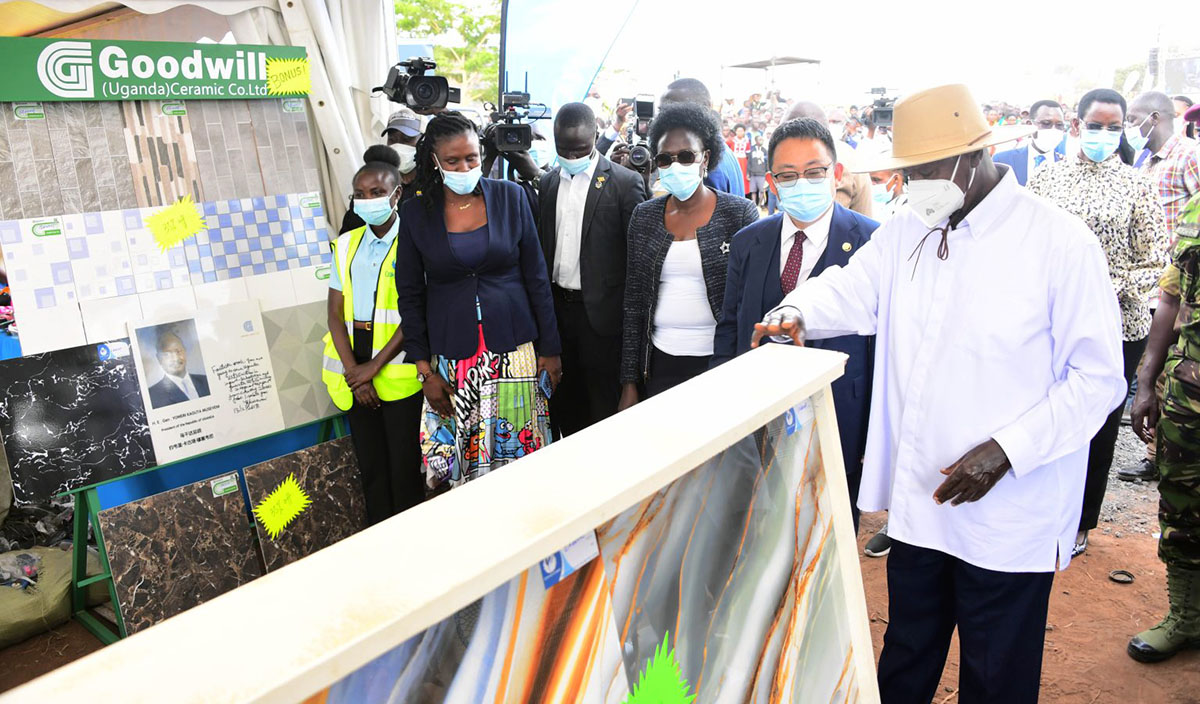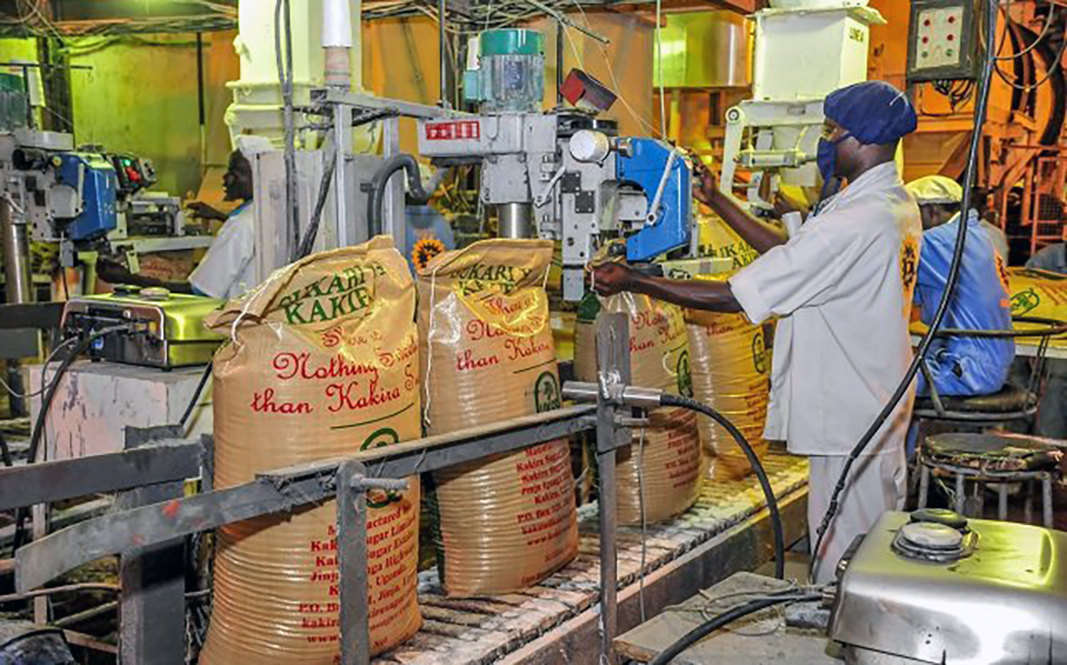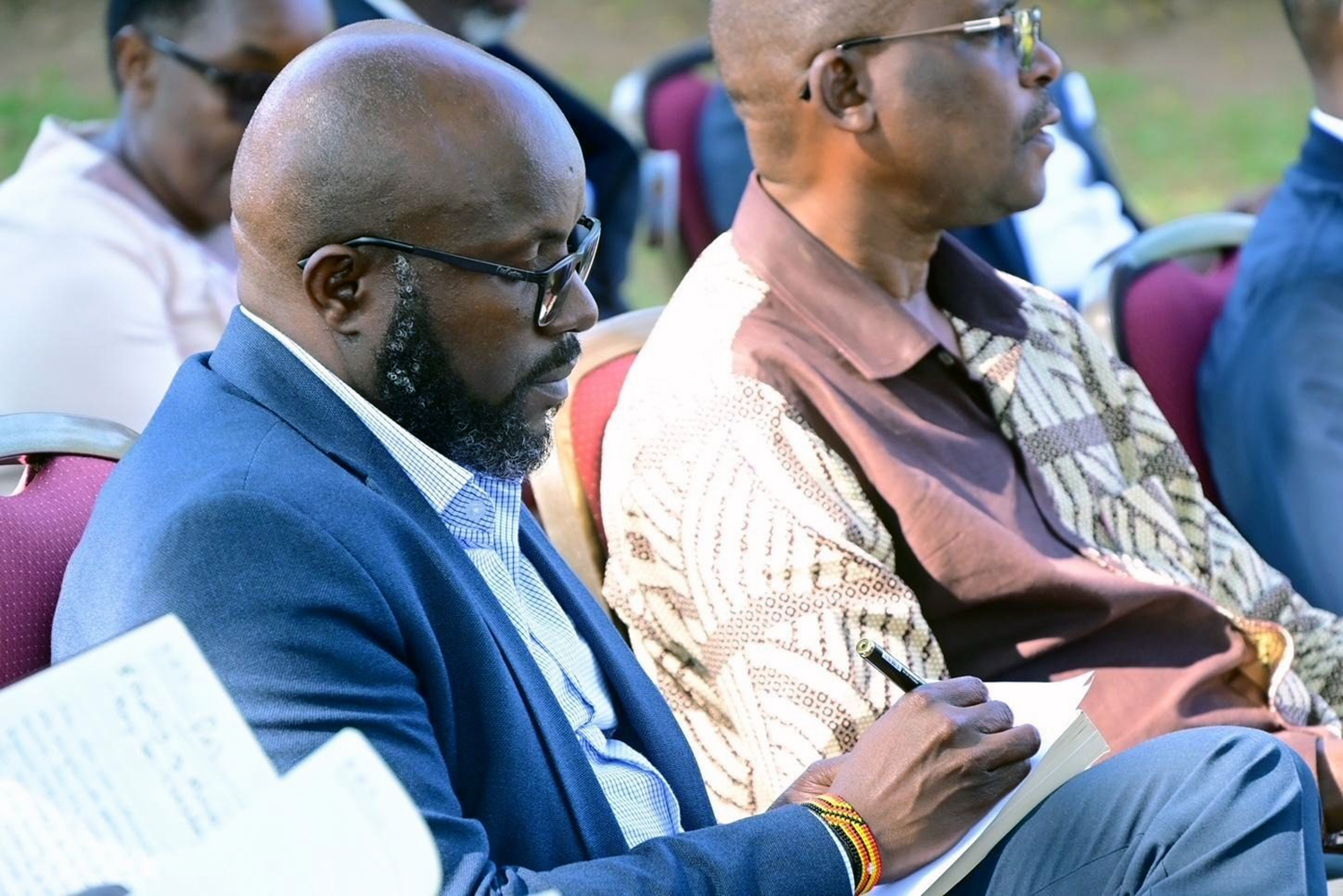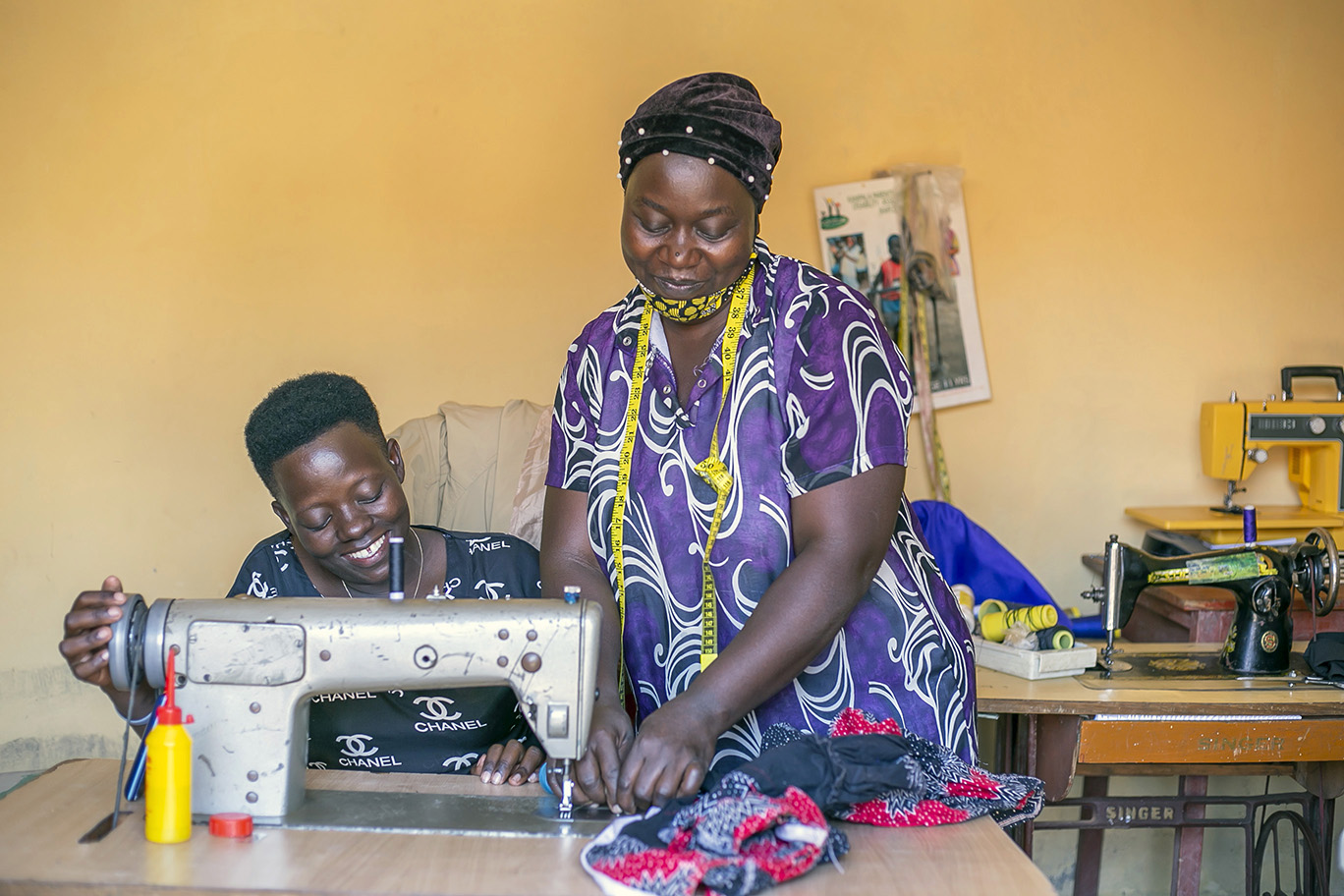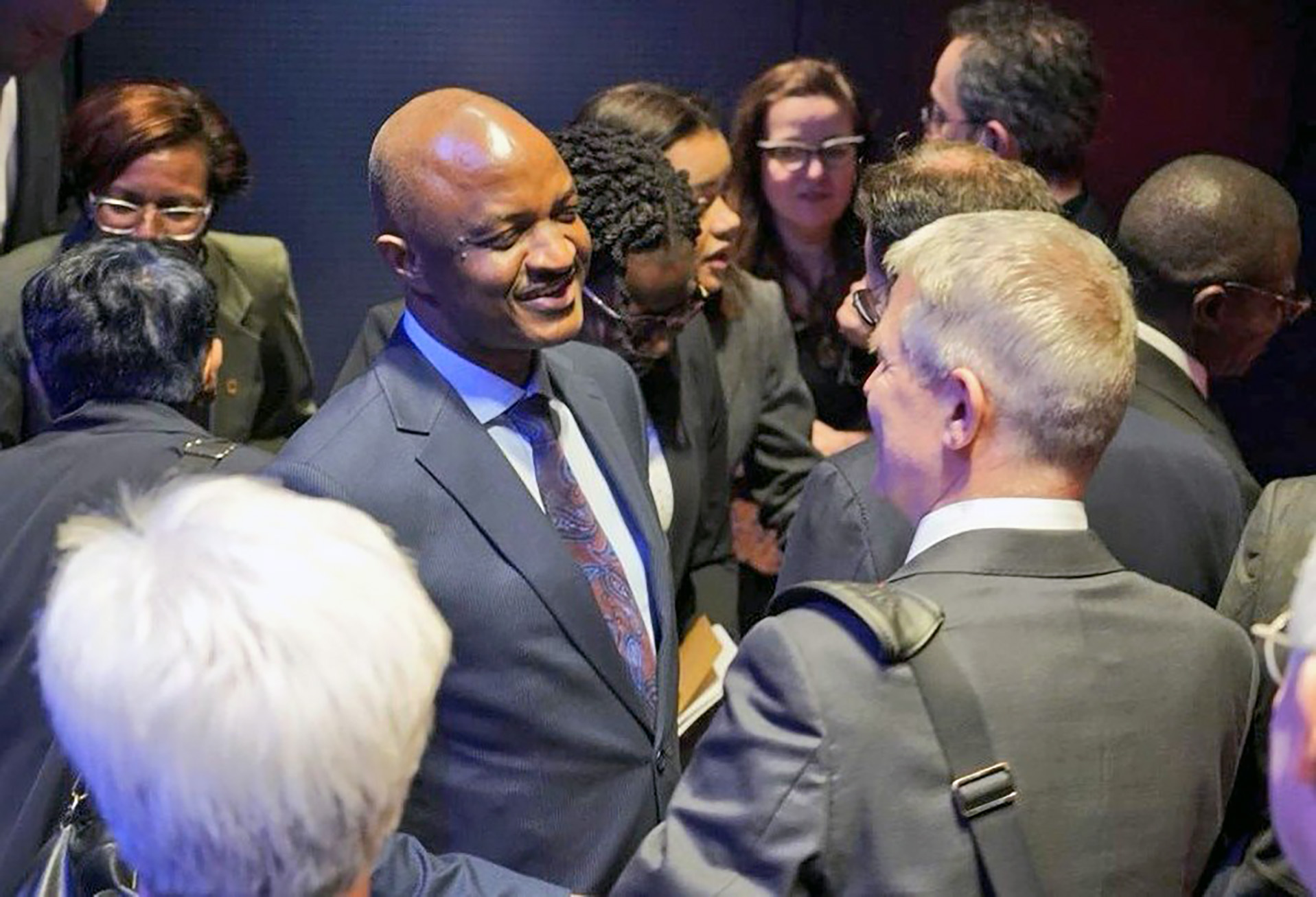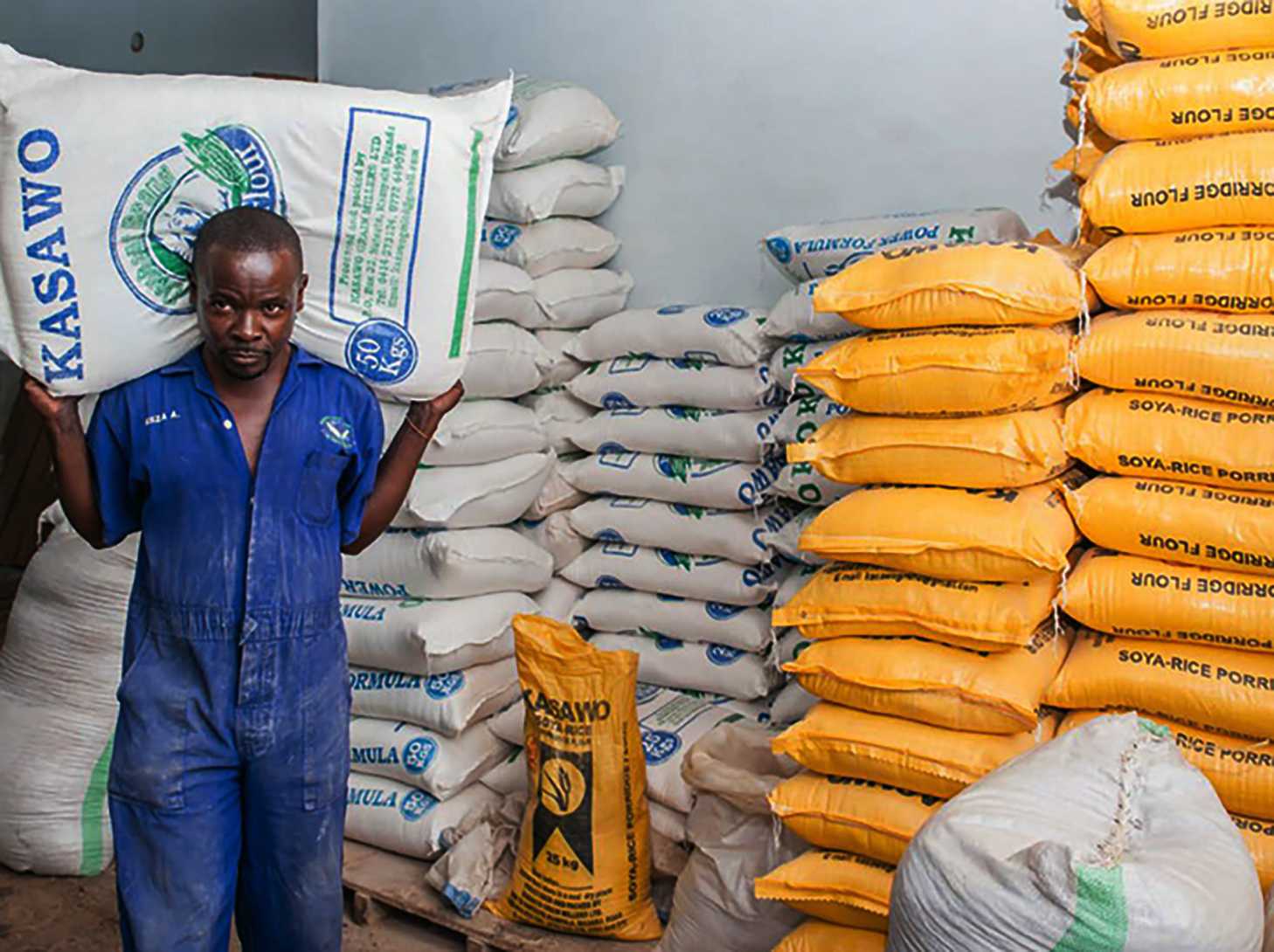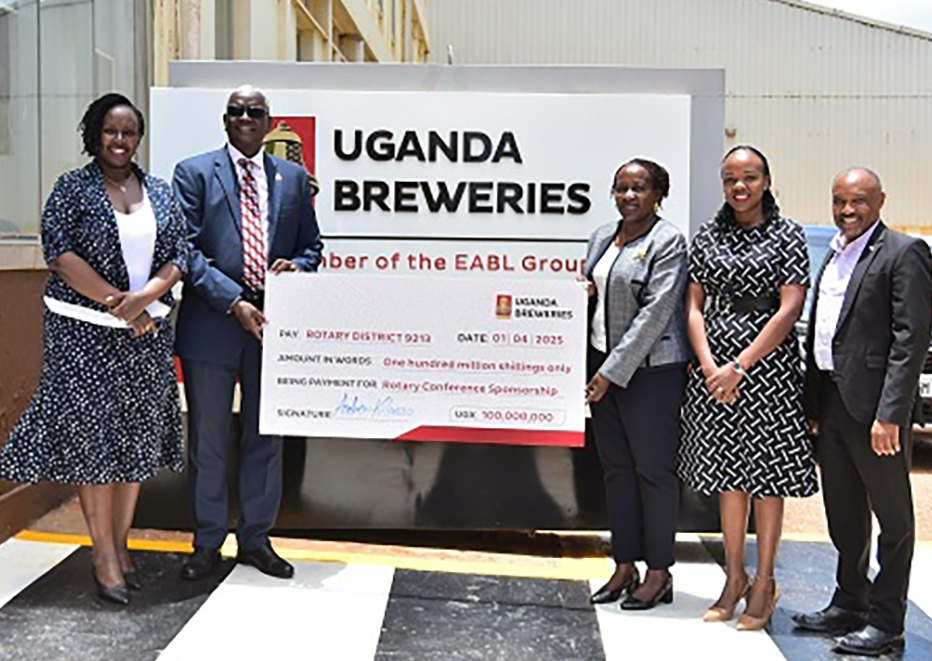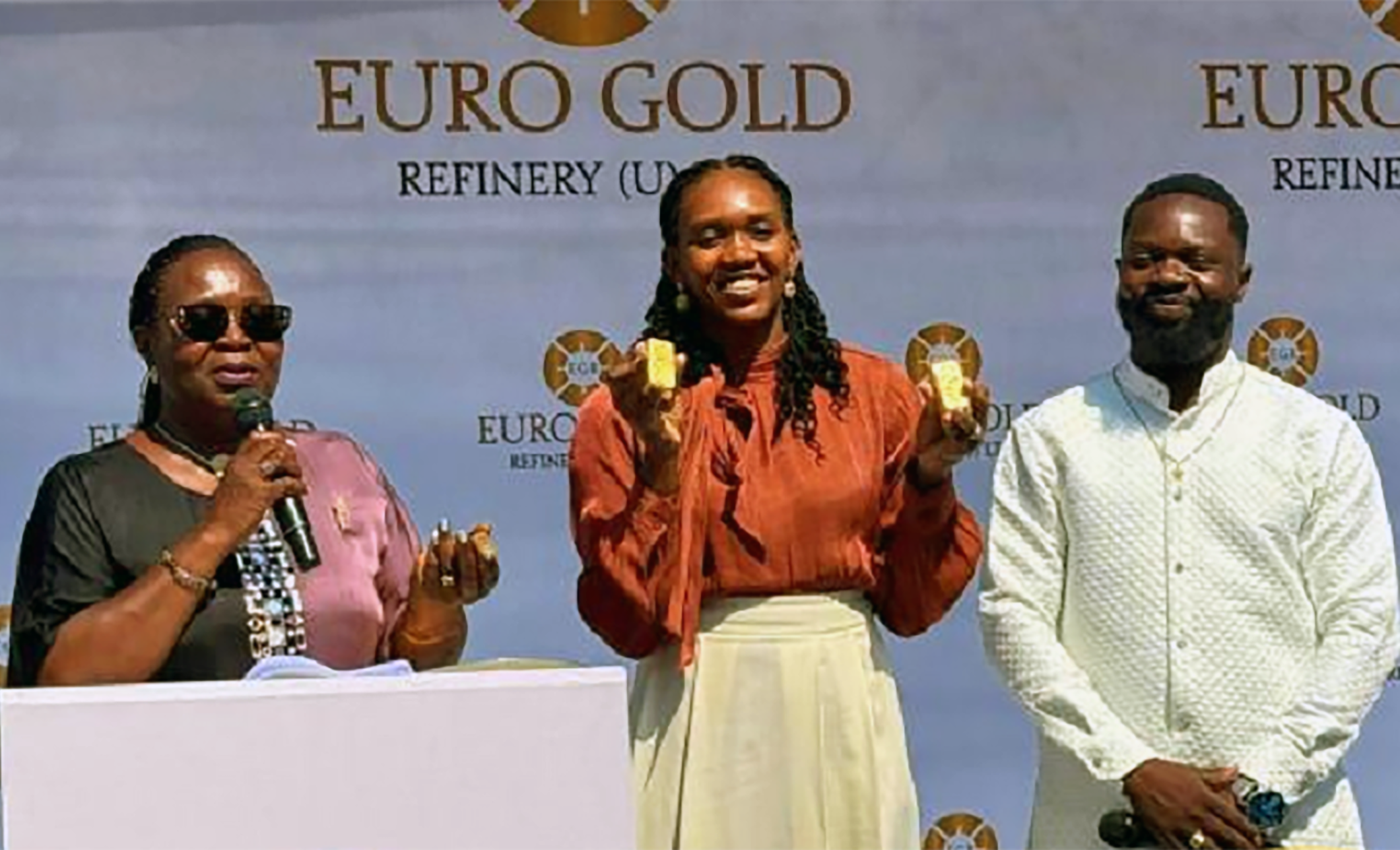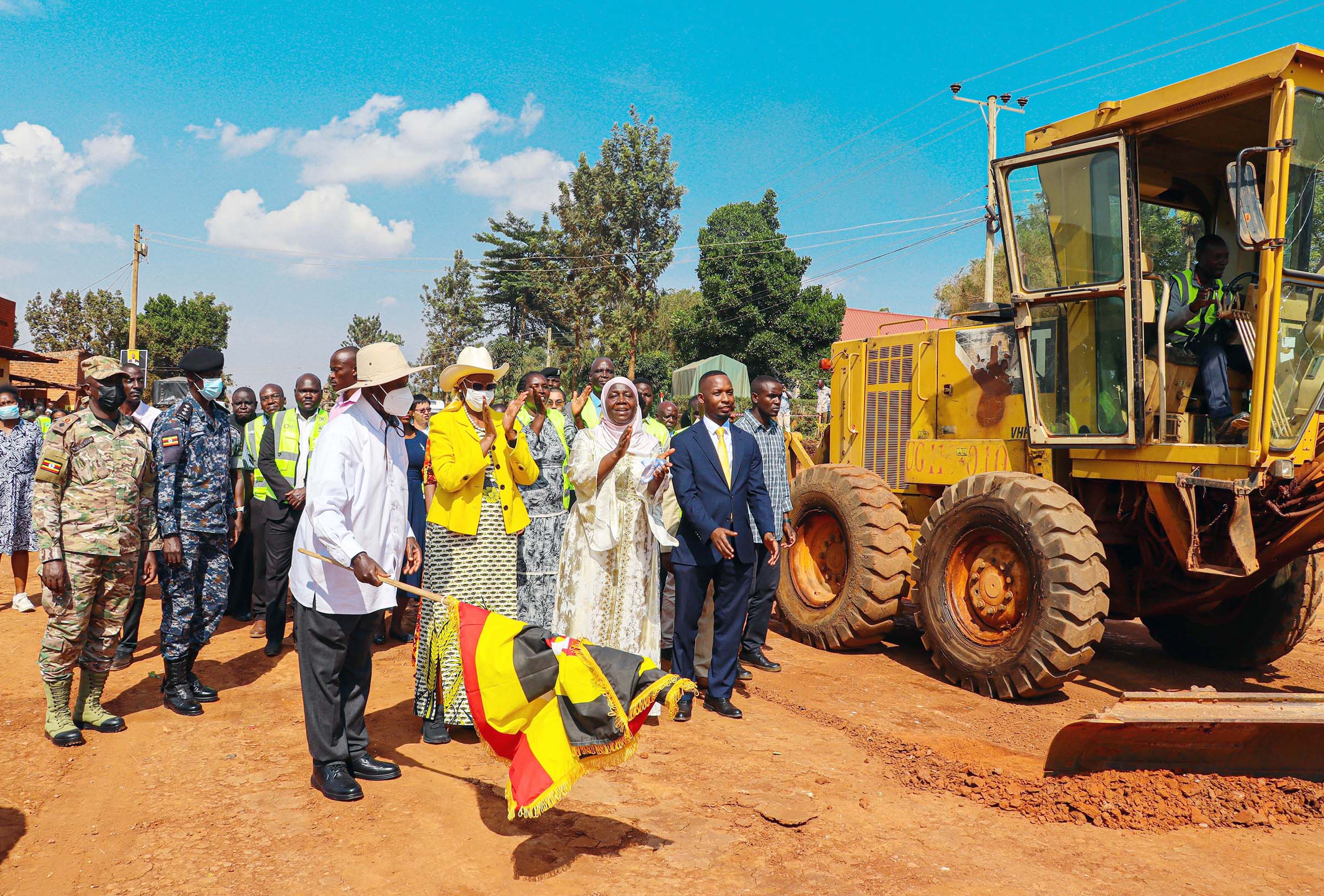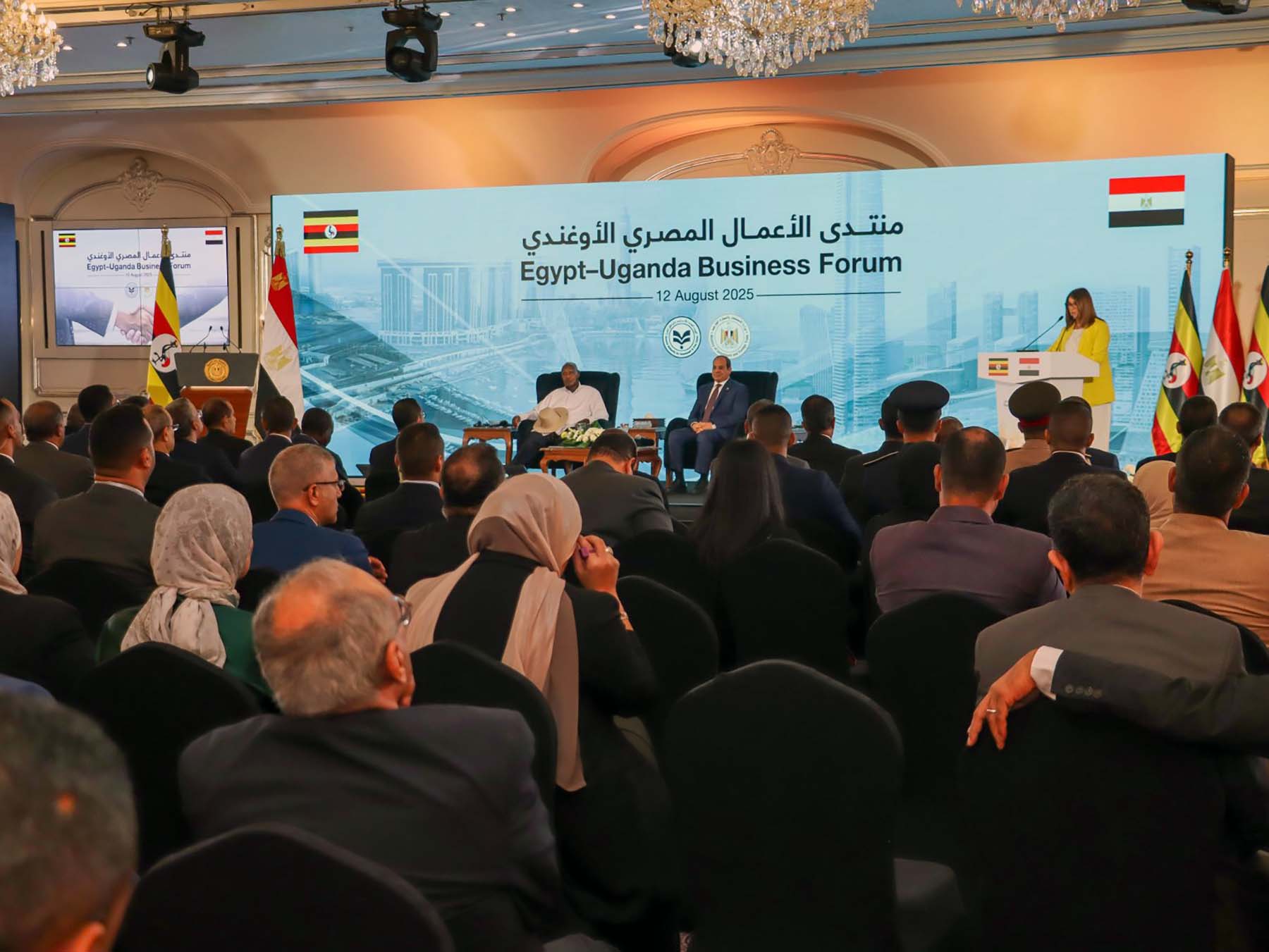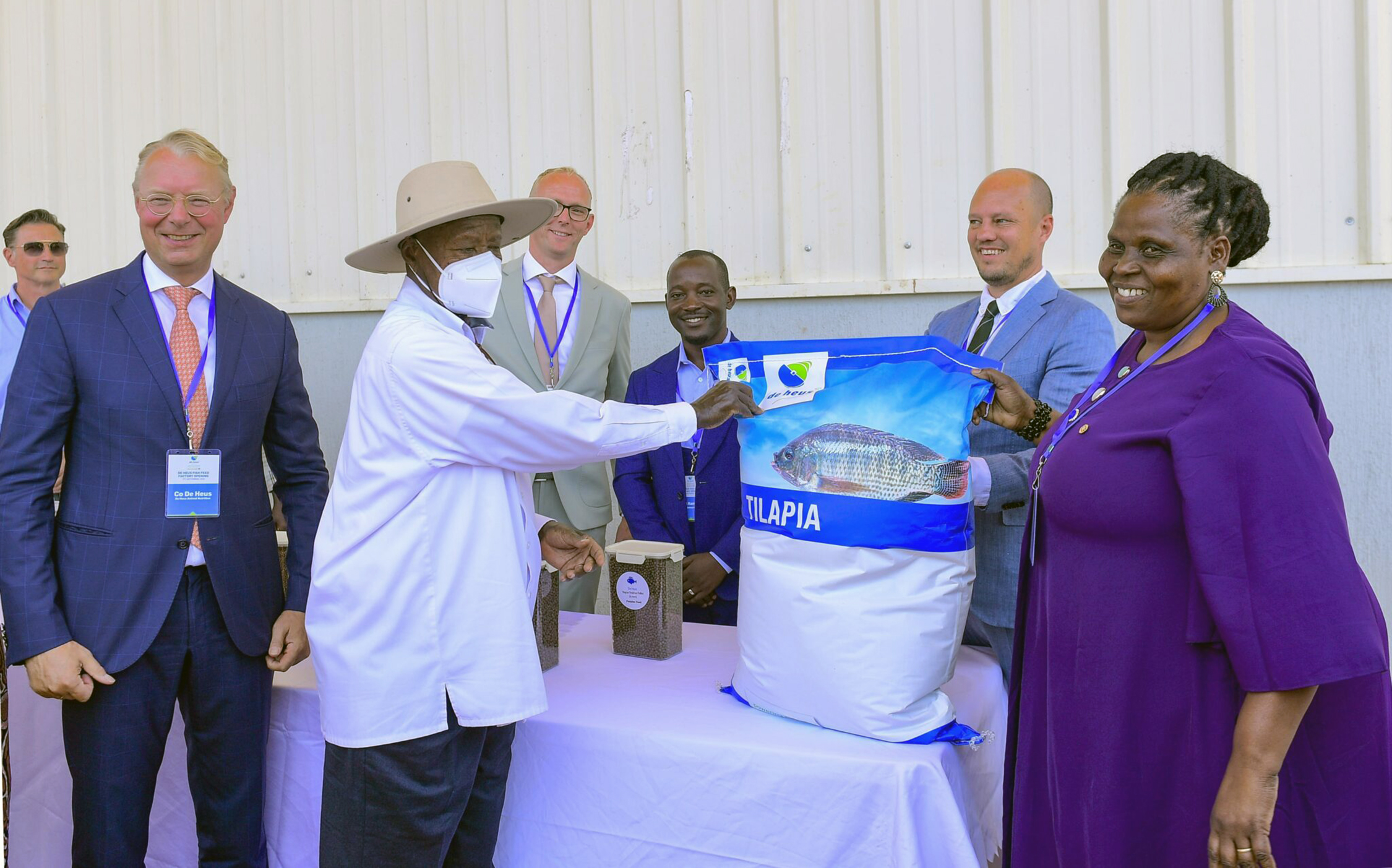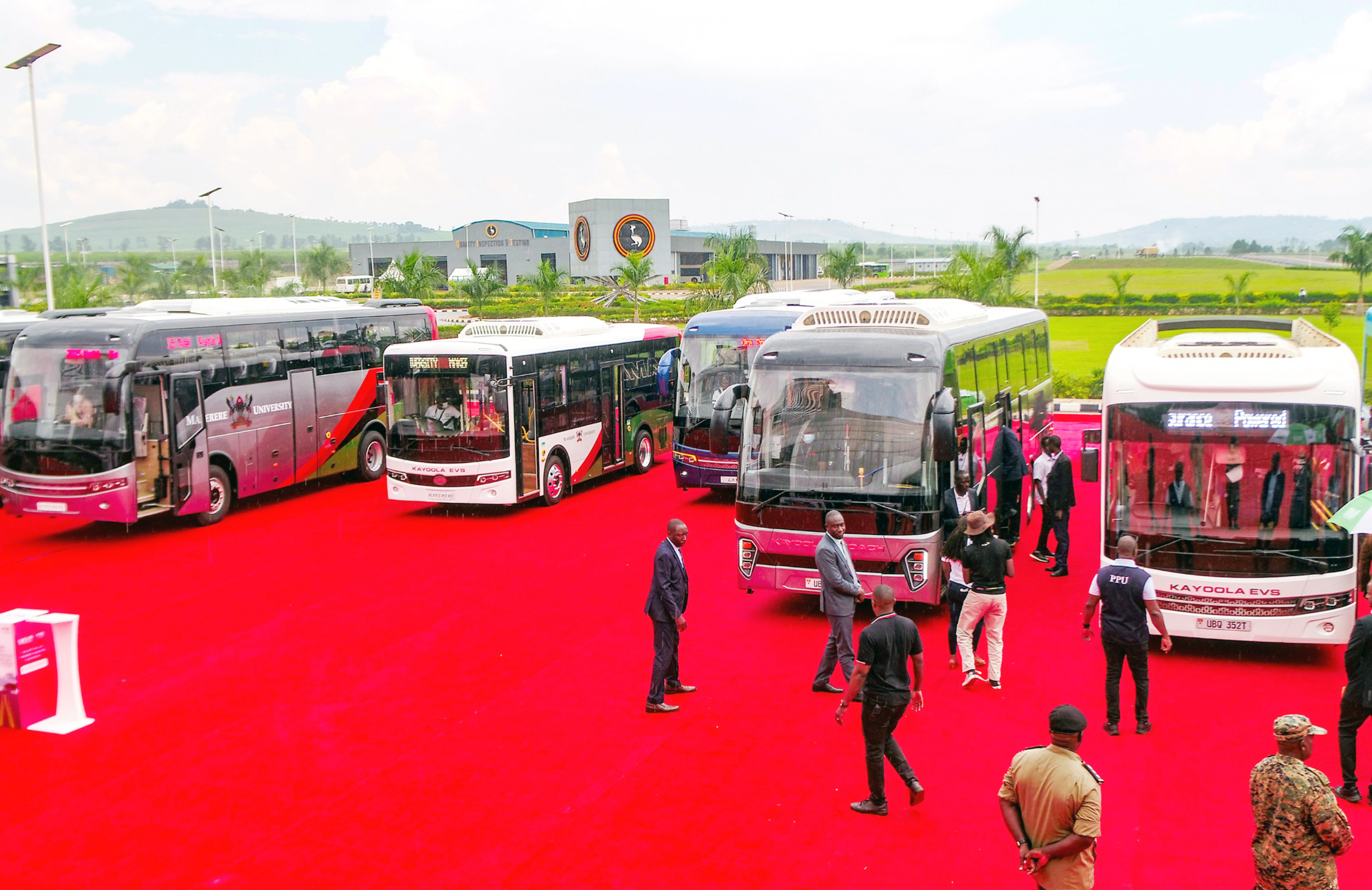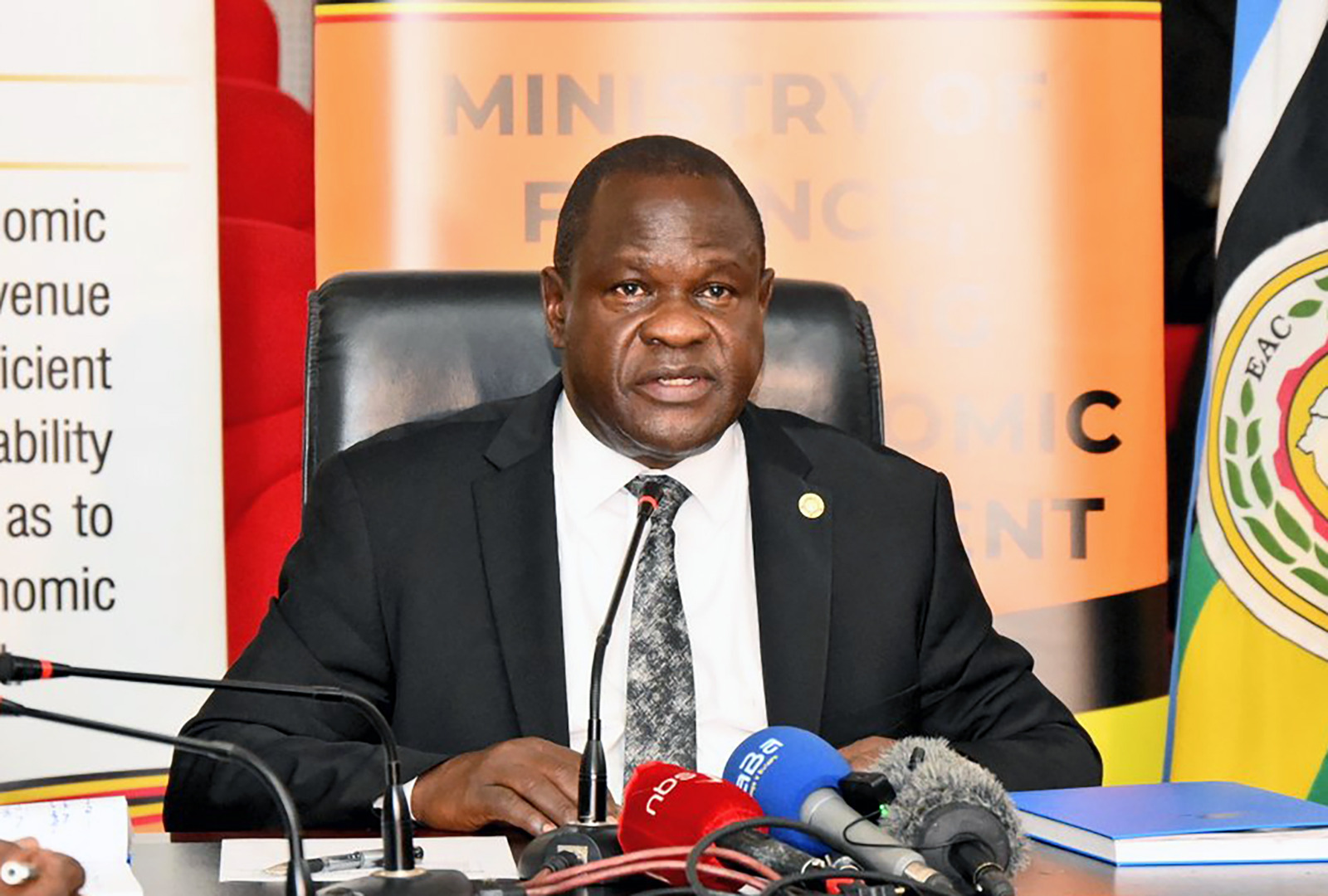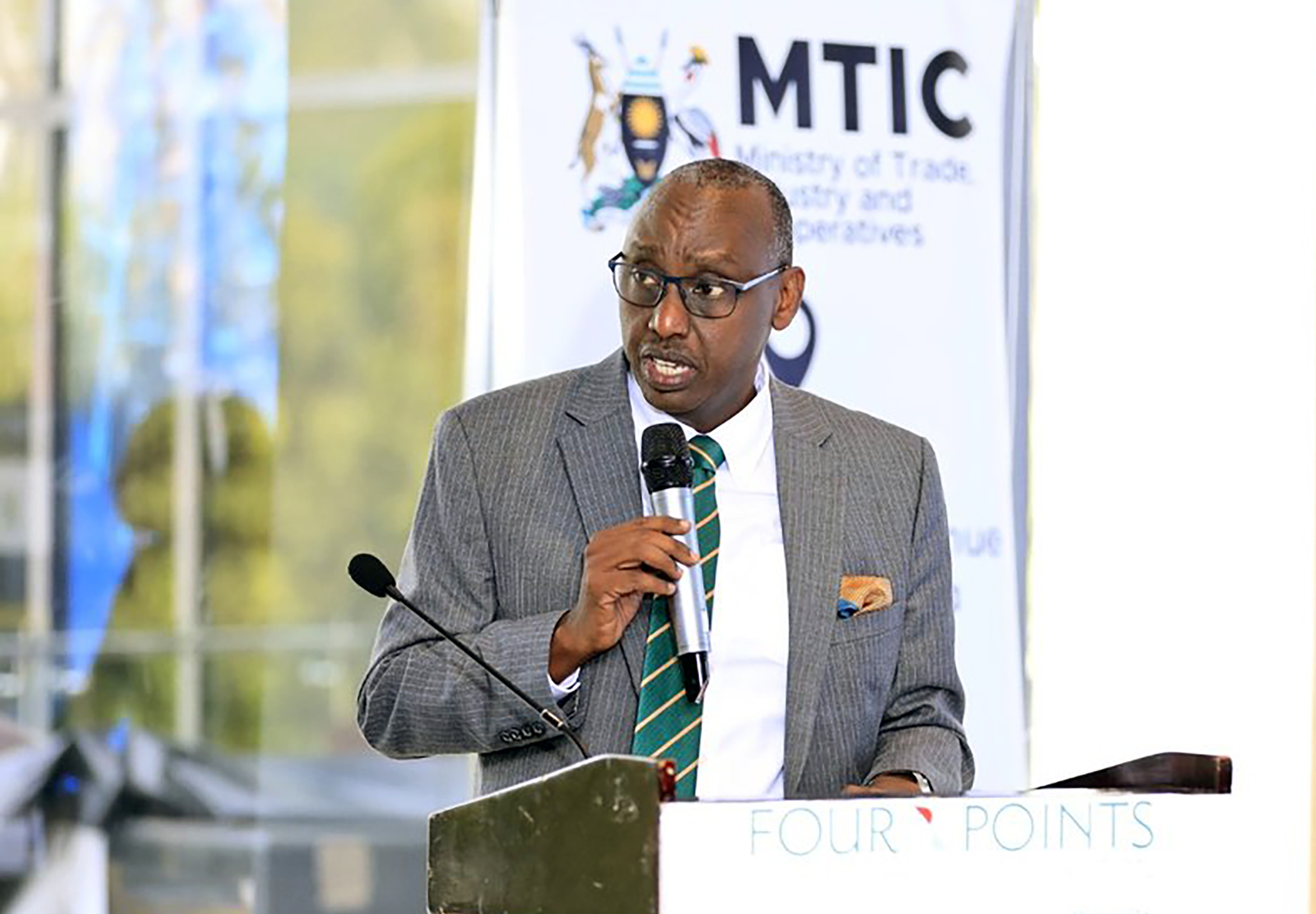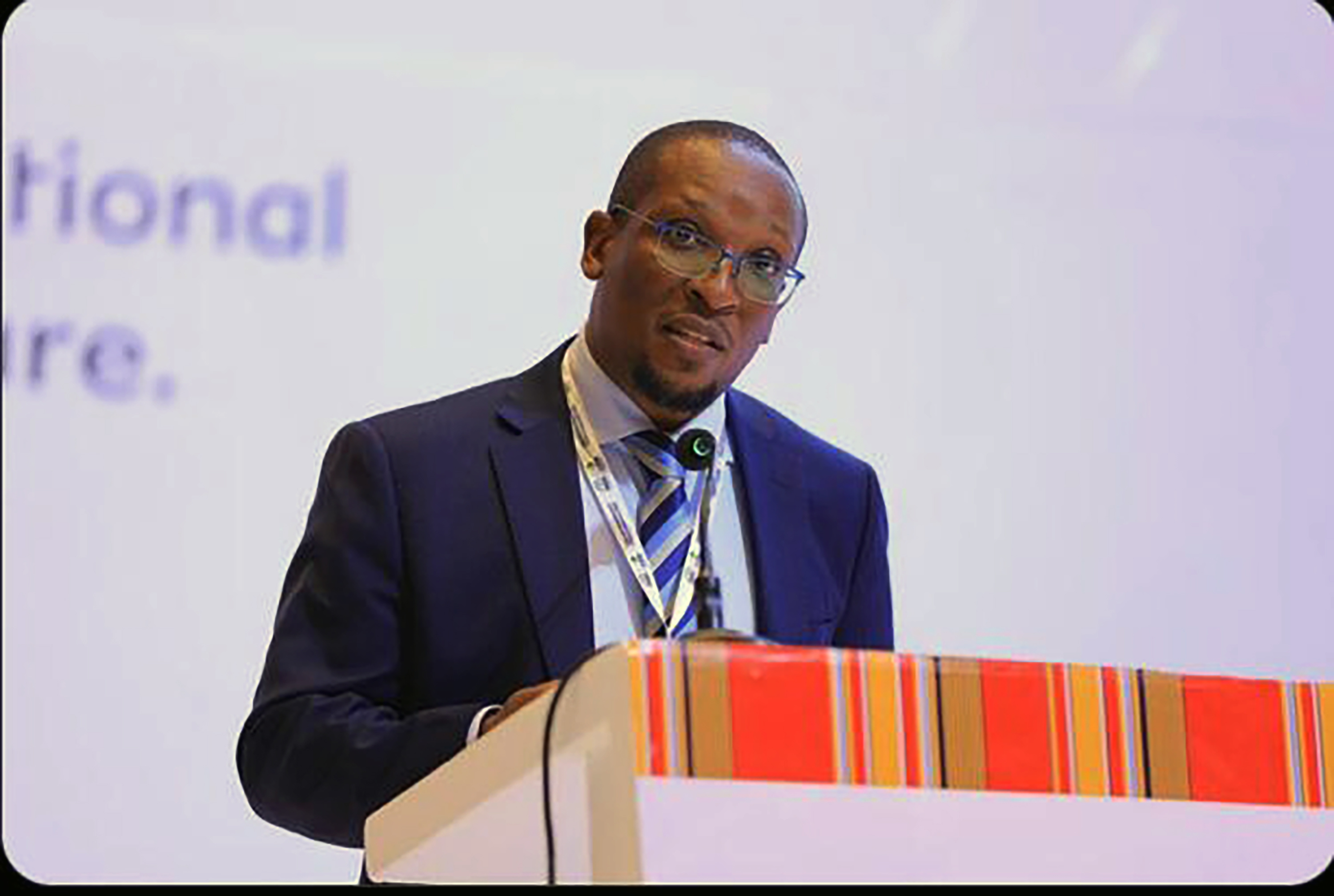Museveni launches $150m Wagagai gold refinery
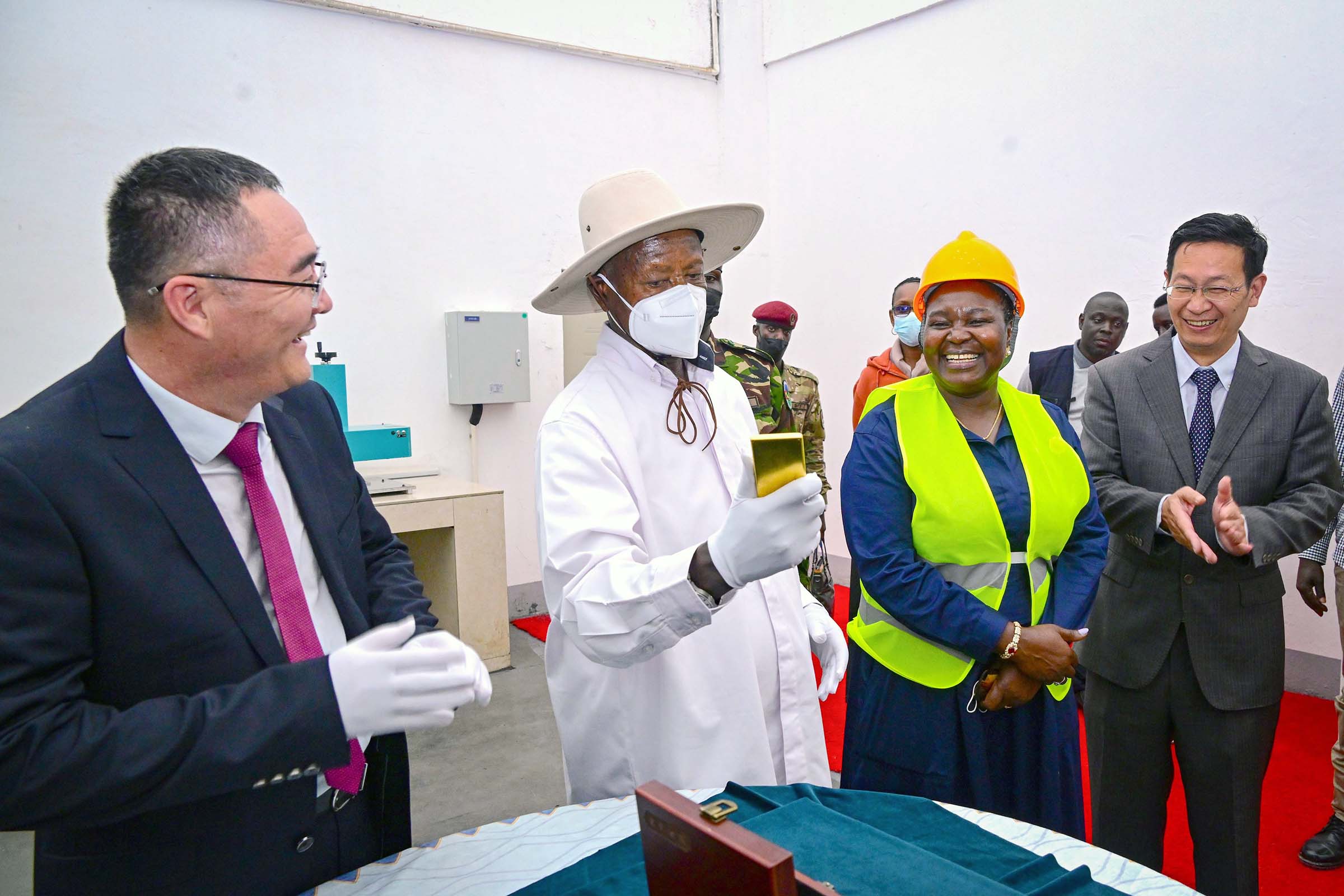
President Yoweri Museveni (2L) admires a bar of pure gold produced at the new factory. Looking on is Zhang Lizhong (R), the Chinese Ambassador, Energy and Mineral Development Minister Nankabirwa, and Tan Jiuchang, the general manager of the factory. PPU PHOTO
President Yoweri Museveni has renewed his call for Uganda to break free from what he termed the “colonial curse” of exporting raw minerals, urging the establishment of a Mineral Wealth Fund that would convert the country’s gold and oil revenues into lasting infrastructure.
Museveni made the case on Monday while commissioning the Wagagai Gold Mining Project in Busia District, a $150 million (UGX 570 billion) refinery developed by China’s Liaoning Hongda Enterprise Group.
The state-of-the-art facility, which has already begun producing 99.99% pure gold, is expected to yield up to 1.2 tonnes annually and employ more than 5,000 Ugandans within ten years.
- The President argued that Uganda must treat its mineral deposits as a springboard for industrialization, not a quick cash grab. “Gold is finite,” he told a crowd of government officials, investors, and local leaders. “But if we use its revenues to build railways, power stations, hospitals, and sports stadiums, those would remain long after the mines run dry.”
The proposed Mineral Wealth Fund, he explained, would ringfence income from gold, oil, and other extractives to finance long-term projects under Vision 2040. “As long as I am the President, no unprocessed minerals will leave Uganda. We must stop the mental bankruptcy of enriching others while our people remain poor,” he stressed.
Uganda has for decades exported semi-processed or raw minerals, losing out on higher returns that come with refining. Museveni illustrated the gap with figures: while unprocessed exports once fetched about UGX140 million per kilogram abroad, the Wagagai refinery now delivers up to UGX360 million locally through full purification.
- This “value addition shift,” the President said, would mark Uganda’s escape from dependency on foreign refiners. His remarks echoed a long-standing government policy to restrict the export of unrefined gold and instead position Uganda as a regional hub for mineral processing.
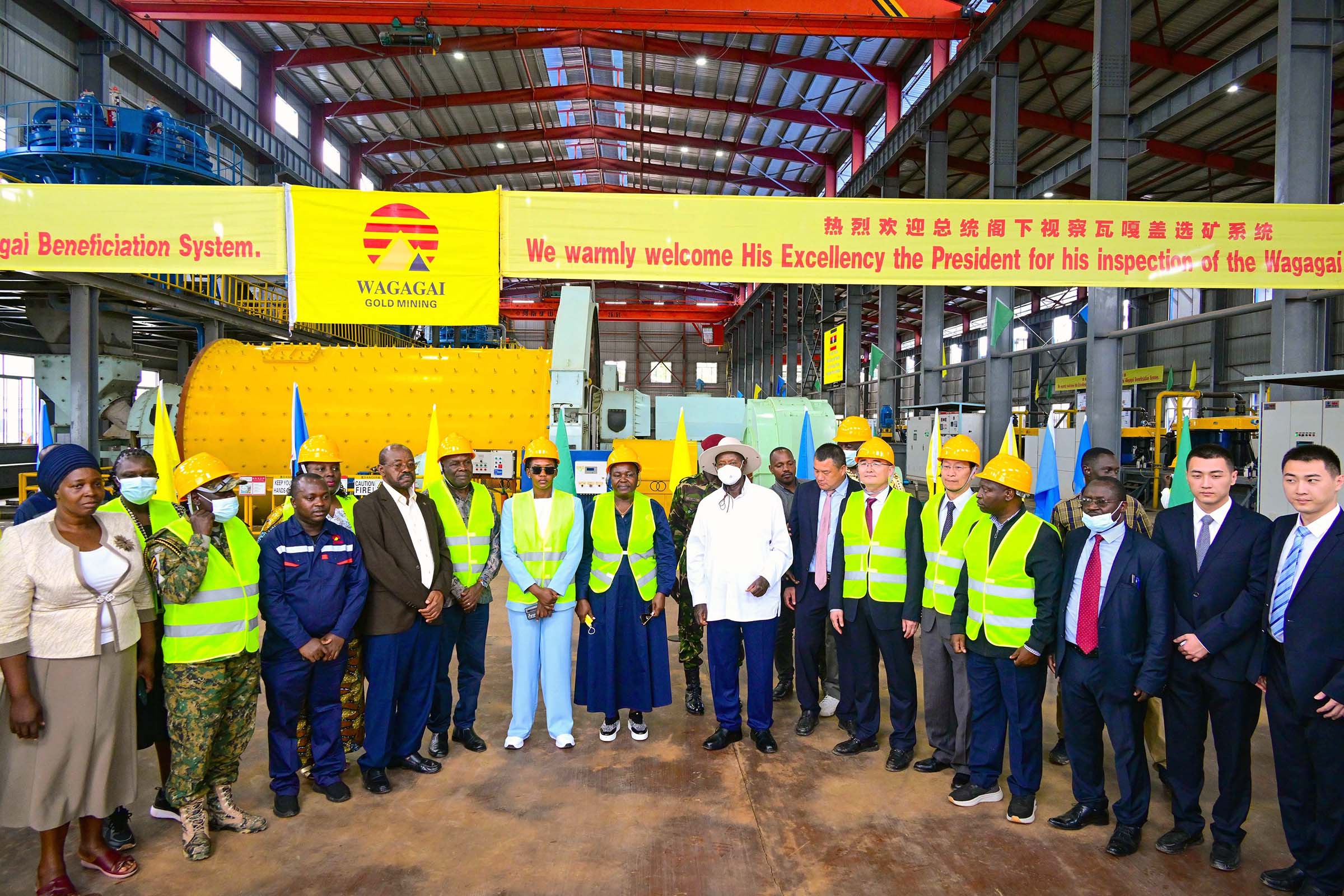 The President poses with the team.
The President poses with the team.Launched in 2019, Wagagai has transformed what was once a remote border area into a bustling industrial zone. General Manager Tan Jiuchang said the company has employed over 2,000 Ugandans to date, trained 700 in specialized mining skills, and invested nearly $1 million (UGX 3.8 billion) in community welfare projects.
“Over the next decade, we will invest an additional $100 million (UGX380 billion) to deepen extraction and expand refining capacity,” Tan said, noting that they plan to reach a depth of 600 meters by 2027 and 1,000 meters by 2035.
The refinery, he added, was built to meet strict environmental standards, producing gold bars that meet global benchmarks while minimizing ecological impact.
Energy and Mineral Development Minister Ruth Nankabirwa hailed Wagagai as “a cornerstone” of Uganda’s industrial transformation.
- “With gold fetching $107,773 (UGX409 million) per kilogram, our exports last year generated $3.8 billion (UGX 14.4 trillion), more than coffee and fish combined. This refinery ensures that wealth remains here, creates thousands of jobs, and equips our youth with new skills,” she said.
- Uganda’s deposits, estimated at 30 million tonnes of ore in Busia alone, plus vast reserves of iron ore, graphite, and rare earth elements position the country as a prospective mining powerhouse. Gold, Nankabirwa added, is no longer just for jewellery; it underpins electronics, medicine, aerospace technology, and Central bank reserves. The Bank of Uganda has already piloted gold purchases for reserve diversification, as part of a wider plan to leverage mineral wealth for financial stability.
Chinese Ambassador Zhang Lizhong, who attended the commissioning, framed the refinery as proof of China–Uganda cooperation under the Belt and Road Initiative. He noted that Wagagai contributes about $10 million (UGX38 billion) annually in taxes, while also stimulating agriculture, logistics, real estate, and tourism around Busia.
He cited China’s 2024 pledge of zero-tariff treatment for African exports, which has helped Uganda’s sales to China jump by 103% this year, with coffee and sesame leading the surge. Uganda–China trade overall grew to $953 million (UGX 3.6 trillion) in the first half of 2025, up nearly 33% from last year.
For Busia residents, the project represents both an economic lifeline and a chance for dignity in global trade. District Chairperson and artisanal miner Stephen Wasike Mugeni compared their past 86% purity production, worth about UGX220 million per kilogram, to Wagagai’s refined output. “The difference is massive. For the first time, our community can see the true value of the gold beneath our feet,” he said.



.jpg)
